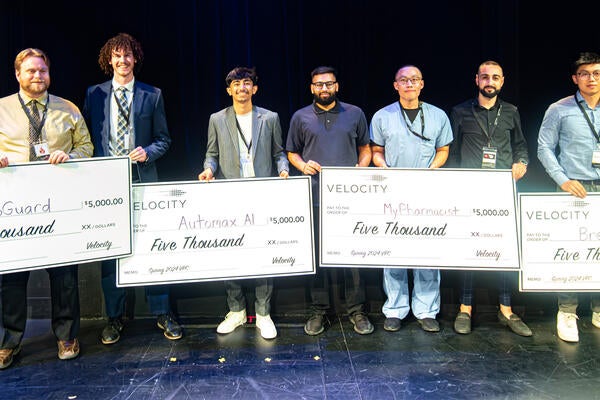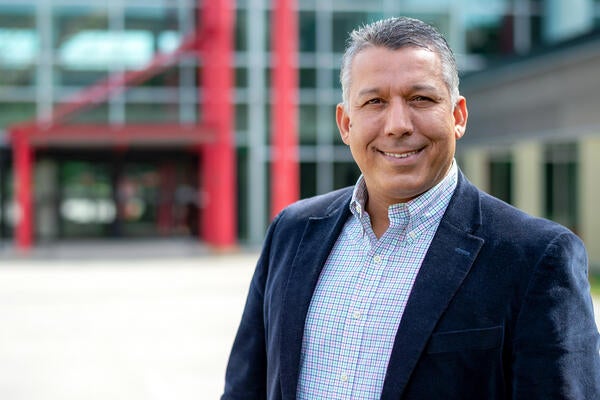
New tool shows that goodwill may trump profit as a work motivator
Researchers at the University of Waterloo have found that individuals may be more motivated to do work for their favourite charity than for money

Researchers at the University of Waterloo have found that individuals may be more motivated to do work for their favourite charity than for money
By Media RelationsResearchers at the University of Waterloo have found that individuals may be more motivated to do work for their favourite charity than for money.
In a study reviewing the efficacy of a new online work-sharing platform designed to put money into the hands of charities, the researchers discovered that people providing their skills and labour toward a specific task tended to do a better job if they knew their favourite charity rather than themselves would be paid for it.
“We found that the charity group appeared to be more thorough than regular crowd workers who were performing a task solely to get paid,” said Keiko Katsuragawa, an adjunct professor in Waterloo’s Cheriton School of Computer Science. “Participants who were told their pay would go to charity took more time and more care with the task perhaps because they weren’t trying to maximize their own earnings, but were undertaking the task as a contribution to a charity.”
The new online work-sharing platform, PledgeWork, allows employers to post tasks and deposit the cost for the job and choose the charities to donate their task cost to or leave this choice to the volunteers. The volunteers choose tasks and, if not prespecified, the charity they wish to support. Once the volunteer completes the job, the requester checks the task results, confirms the task results match their criteria, and, instead of paying the workers, approves a donation to the specified charity.
In the study, the researchers evaluated the crowd work habits of 28 participants and found that individuals generally did a better job when informed that the money from their work would go to the United Nations rather than their own bank accounts
The model, according to researchers involved in the study, may also help people overcome some of the perceived barriers of donating to charitable organizations.
“Many people do not have the money to give to their favourite cause and often perceive that they may not have the skills or time to give to a charity whose work matters to them,” said Edward Lank, a computer science professor at Waterloo. “What a crowd-working tool seems to be able to do is overcome those barriers in a way that allows people to use their skills to benefit a charity anonymously.”
A paper detailing the new system titled “PledgeWork: Online Volunteering through Crowdwork,” authored by Faculty of Mathematics researchers Katsuragawa, Lank and research assistant in the Cheriton School of Computer Science, Qi Shu, was recently published in the Proceedings of the 2019 CHI Conference on Human Factors in Computing Systems.

Read more
Velocity pitch competition winners share exciting startup ideas using artificial intelligence and deep tech, showcasing creativity and entrepreneurial prowess

Read more
University of Waterloo establishes prestigious industry-sponsored research chair in network automation to be held by Raouf Boutaba

Read more
New statistics research provides insight on when a track-and-field athlete’s performance peaks
The University of Waterloo acknowledges that much of our work takes place on the traditional territory of the Neutral, Anishinaabeg, and Haudenosaunee peoples. Our main campus is situated on the Haldimand Tract, the land granted to the Six Nations that includes six miles on each side of the Grand River. Our active work toward reconciliation takes place across our campuses through research, learning, teaching, and community building, and is co-ordinated within the Office of Indigenous Relations.